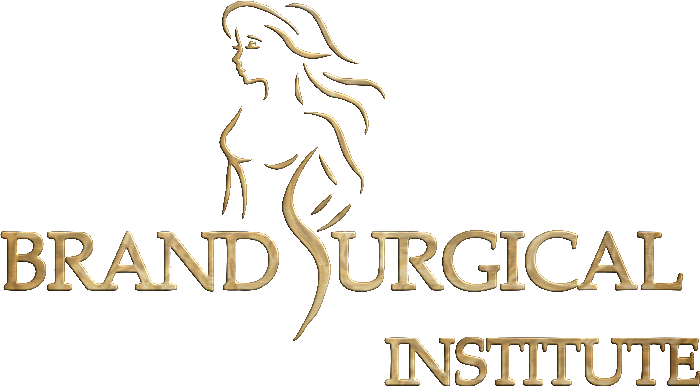 While everyone’s demands after bariatric surgery are unique, there are some basic guidelines regarding which foods and beverages to avoid. This course will help you learn about bariatric surgery and get the support you need to continue your weight-loss journey. We include exercises, recipes, suggestions from members of the Bariatric Surgery program’s staff. Personal tales from patients just like you.
While everyone’s demands after bariatric surgery are unique, there are some basic guidelines regarding which foods and beverages to avoid. This course will help you learn about bariatric surgery and get the support you need to continue your weight-loss journey. We include exercises, recipes, suggestions from members of the Bariatric Surgery program’s staff. Personal tales from patients just like you.
Beverages to Avoid After Bariatric Surgery
Some beverages, such as the following, may irritate your recovering stomach and should be avoided after bariatric surgery:
- Caffeine for at least three months after surgery is recommend.
- carbonated drinks for at least three months after surgery
- No alcoholic beverages for at least six months after surgery
Even when your stomach has healed, you may discover some drinks that you are unable to take. These beverages may need to be eliminate from your diet for the foreseeable future.
Foods to Avoid After Bariatric Surgery
Food intolerances that you did not have before surgery may develop as a result of the procedure. They may consist of the following items:
- meals that are greasy and heavy in fat
- Foods that are heavily season or hot
Sweeteners derived from sugar alcohols such as erythritol, glycerol, mannitol, sorbitol, and xylitol.
How Does Bariatric Surgery Work?
How bariatric surgery works: how does it work? The information provided in the next section shows how to do so. The surgeon removes around 80% of the stomach with gastric sleeve surgery, which may last eternally. Everything is then sewed together into a bit of bag in the form of a banana and place in the refrigerator.
An operation known as a gastric bypass perform in which the majority of your stomach and the very first segment of your small intestine will be detach and “bypass”. In the next step, the newly created stomach pouch is link to the remainder of the abdomen. The skipped portion of the stomach is still link to the small intestine, where it contains acid and digesting enzymes that are beneficial to the patient. In most cases, any meals and calories are retrieved from your colon after being withdrawn from your stomach. It is now necessary for you to grasp the cost of bariatric surgery, given that you have received an appropriate response on its operation.
Diet after Bariatric Surgery
Even though there are some foods and beverages that You should avoid following bariatric surgery. There are still many items you may — and should — consume after the procedure. At each meal, start with foods rich in protein to ensure that you are receiving 60 to 80 grams of protein per day, depending on your weight. Protein is essential since it helps prevent muscle and hair loss after weight-reduction surgery.
Following protein, You should prioritize non-starchy veggies such as broccoli, cauliflower, and spinach. After that, include some fruit or starchy meals. Starches such as fried potatoes, rice, and pasta may cause you to feel bloated or gassy, and your stomach may not well accept them. Eating three modest meals a day, spacing food and drinks by thirty minutes, and digesting your food well can help you lose weight more effectively. In addition, maintain a meal diary to keep track of your intake and food tolerance as you become used to your new “fullness.”
Read Also: Who will pay for the cost of medical care after an accident?

